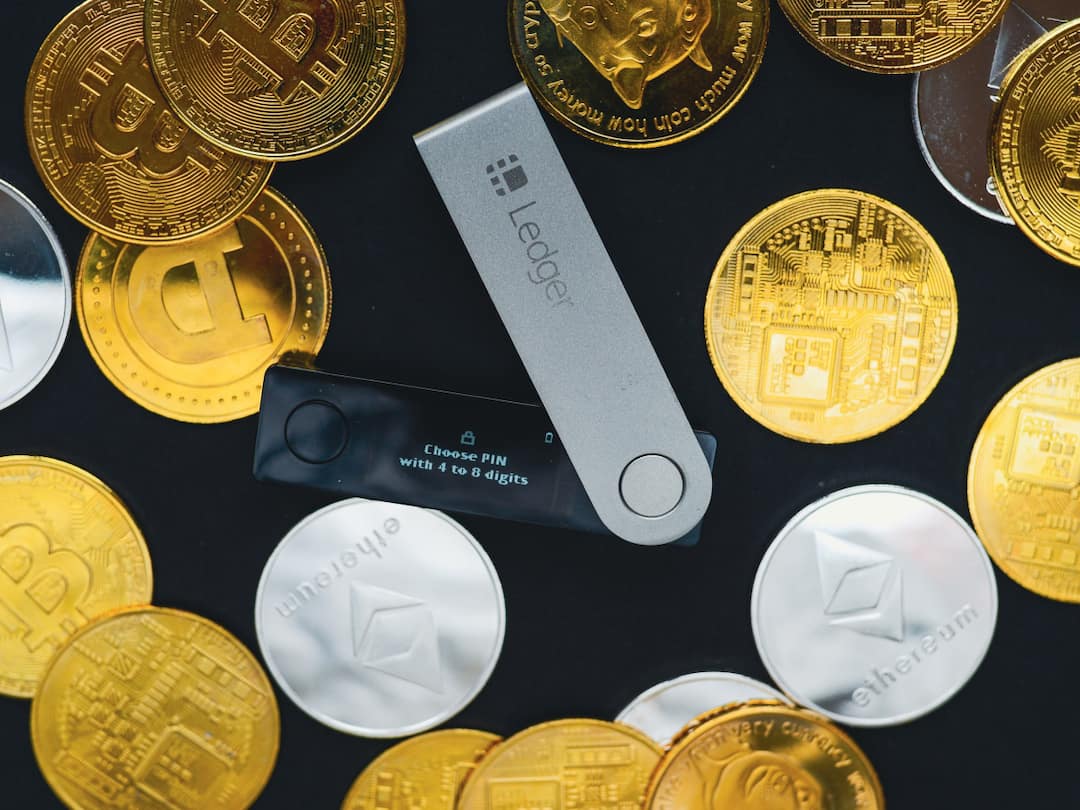Crypto Wallet: What Is It? How Many Types Of Wallets Are There? Do You Really Need One?
Hot wallet? Cold wallet? Which one should you pick?

As cryptocurrencies are gaining traction around the world as a lucrative investment opportunity, people are increasingly getting more aware of what the different types of cryptocurrencies are, how they work, and how to trade with such digital assets. However, there are still certain major aspects that one should be mindful of when dealing with cryptocurrencies — security being one of them. After you buy cryptos, how do you store them securely? How do you protect your digital assets from hacks? Well, crypto wallets are here to save the day. Read on to find out everything you need to know about crypto wallets, from how they work to the different kinds of wallets you can avail of.
Crypto wallet: What is it?
Crypto wallet is a user-friendly tool that stores your crypto assets in a secure manner. It can either be a software app, or even a physical device. What a crypto wallet does is essentially store the passkeys that will enable you to access your assets and trade with them.
There are two types of keys — public and private. A public passkey, as the name suggests, is an address that others can use to send crypto assets. A private passkey acts just like a key to your locker box that only you can use. A private passkey will allow you to access your assets and deal with them (sell, trade, etc.) as you see fit. If anyone gets a hold of your private key, they can gain full access to all your digital assets.
ALSO READ: Cryptocurrency: What Is It? How Does It Work?
Crypto wallet: How does it work?
Before understanding how a crypto wallet works, let’s understand what a blockchain is. To put things simply, a blockchain is a distributed public ledger that helps keep a record of all transactions made by holders of currencies. So, cryptocurrencies aren’t really ‘stored’ within a wallet — as they are data on a blockchain — but as mentioned earlier, your wallet will hold addresses, or passkeys, that will allow you to send, receive, and store crypto.
Crypto wallet: How many types are there?
Primarily, there are two types of wallets — custodial and non-custodial.
Custodial wallets are the most common. They are hosted by a third party, who will store your keys for you. Generally, when you buy crypto assets on a platform, most companies provide you with a custodial wallet to store your data. These are software-based and generally provide enterprise-level security and are used by most crypto investors out there.
Non-custodial wallets allow you to be your own custodian. They are not hosted by a third party and you simply become your own bank. Physical wallets (which look just like USB flash drives) are mostly non-custodial wallets. Since these are not managed by anyone else, they are generally considered the most secure and are safe from online hacks.
Apart from custodial and non-custodial wallets, there are also two further sub-categories of crypto wallets — hot and cold. In a nutshell, a hot wallet is always connected to the Internet, or to a device that is connected online. A cold wallet, on the other hand, is never connected to the Internet and is hence considered to be the most secure.
Hot wallets, thanks to their Internet connectivity, are the easiest and quickest to use when it comes to executing transactions. Cold wallets, due to their offline nature, are the most secure but are slower to use when compared to hot wallets.
Earlier, crypto users used to write down their passkeys on physical papers and personal notebooks. Such 'wallets' were called paper wallets. But they are not really used much anymore because of their inconvenience.
Crypto wallet: Do you need one?
The answer to this is a resounding YES. Not only do crypto wallets ensure a proper safekeeping of your digital assets, but they also help you keep a track of all your coins in one place, enable you to carry out transactions, and also display your balance.
And, if you buy crypto coins from any exchange, chances are you will be provided with a wallet no matter what.
There are several crypto wallets to choose from, including the likes of Coinbase Wallet, Electrum, MetaMask, Mycelium, Exodus, and more.
Disclaimer: Crypto products and NFTs are unregulated and can be highly risky. There may be no regulatory recourse for any loss from such transactions. Cryptocurrency is not a legal tender and is subject to market risks. Readers are advised to seek expert advice and read offer document(s) along with related important literature on the subject carefully before making any kind of investment whatsoever. Cryptocurrency market predictions are speculative and any investment made shall be at the sole cost and risk of the readers.







































